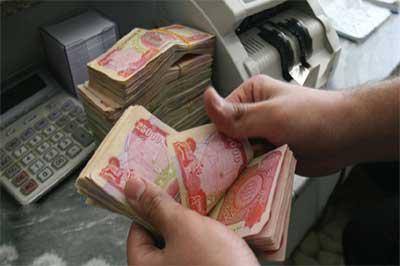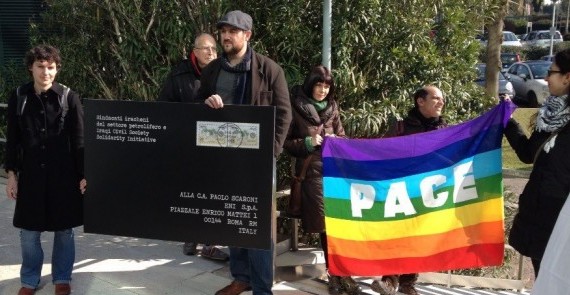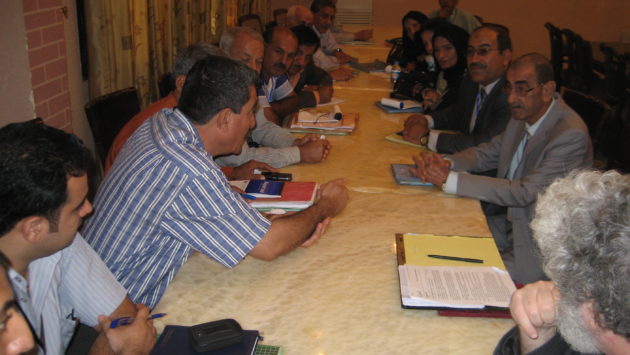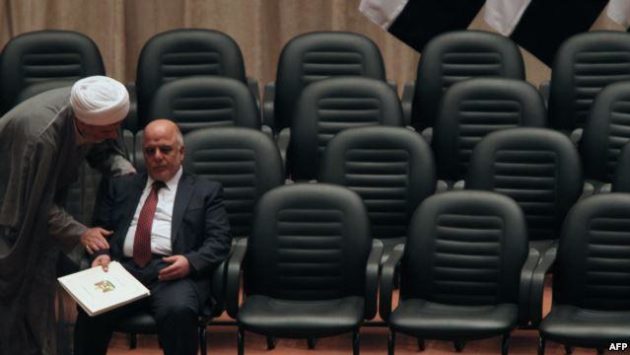IRAQ: What Lies Ahead in 2016?
By Muhamed Hassan, Jan 3, 2016.
After more than a decade of mismanaging the economy, public sector workers in Iraq and their counterparts in the private sector are going through a period of deep anxiety and worry of the unknown in 2016.
Employees of all disciplines are distraught that sooner or later the country might be declared bankrupt, simply because the central bank’s reserves are declining rapidly.
Dollar reserves are falling uncontrollably, unemployment figures have reached 28 percent, the currency has weakened by as much as 20 percent, making the Iraqi dinar work harder to sustain the cost of living, and the budget deficit is estimated to be $30 billion.
Iraqi officials are rushing to alleviate people’s fears of the worst case scenario. On 02/01/2016 Mr Mohamed Saleh, one consultant to the prime minister, reassured the public not to panic.
His assessment of the economic scene is one of recession and not depression. Saleh predicated growth for this year to be around 1-1.50 percent, saying that it is even better than those rates of 2014.
However, the World Bank, in its overview, says that poverty levels stood at 22.5 percent in 2014, and the number of people living below the poverty line increased by an estimated 2.8 million.
To finance its budget deficit and sustain the costs of the war against ISIS, Iraq is planning to raise money through a $1.2 billion deal with the International Monetary Fund.
However, the move can only be bolstered if the government manages to tackle corruption which is running at damning rates.
Of particular concern is the bawdy behaviour of foreign exchange bureaux who have been milking the country’s dollars through phoney and enigmatic projects.
Such financial cartels were eager to cash in the hey days of booming oil prices at the expense of Iraq’s strategic economic development.
Money laundering remains rife and there are no legal robust laws to monitor and tackle it.
Some economists predict that the lack of new government spending in 2016 will only lead to an ever increasing level of poverty.
Meanwhile successive governments made short shrift of the private sector. It is markedly weak and, according to guiding figures from Nathan Associates, in 2008, the private sector contributed just over a quarter of the country’s GDP. Foreign investment is also patchy due to political instability.
Chaotic competition from neighbouring countries made this sector reeling behind with no long term strategy.
So with all this doom and gloom, lack of diverse sources of income, and internal political wrangling, Iraq will remain volatile in 2016.
Source: Immersed in thinking blog





